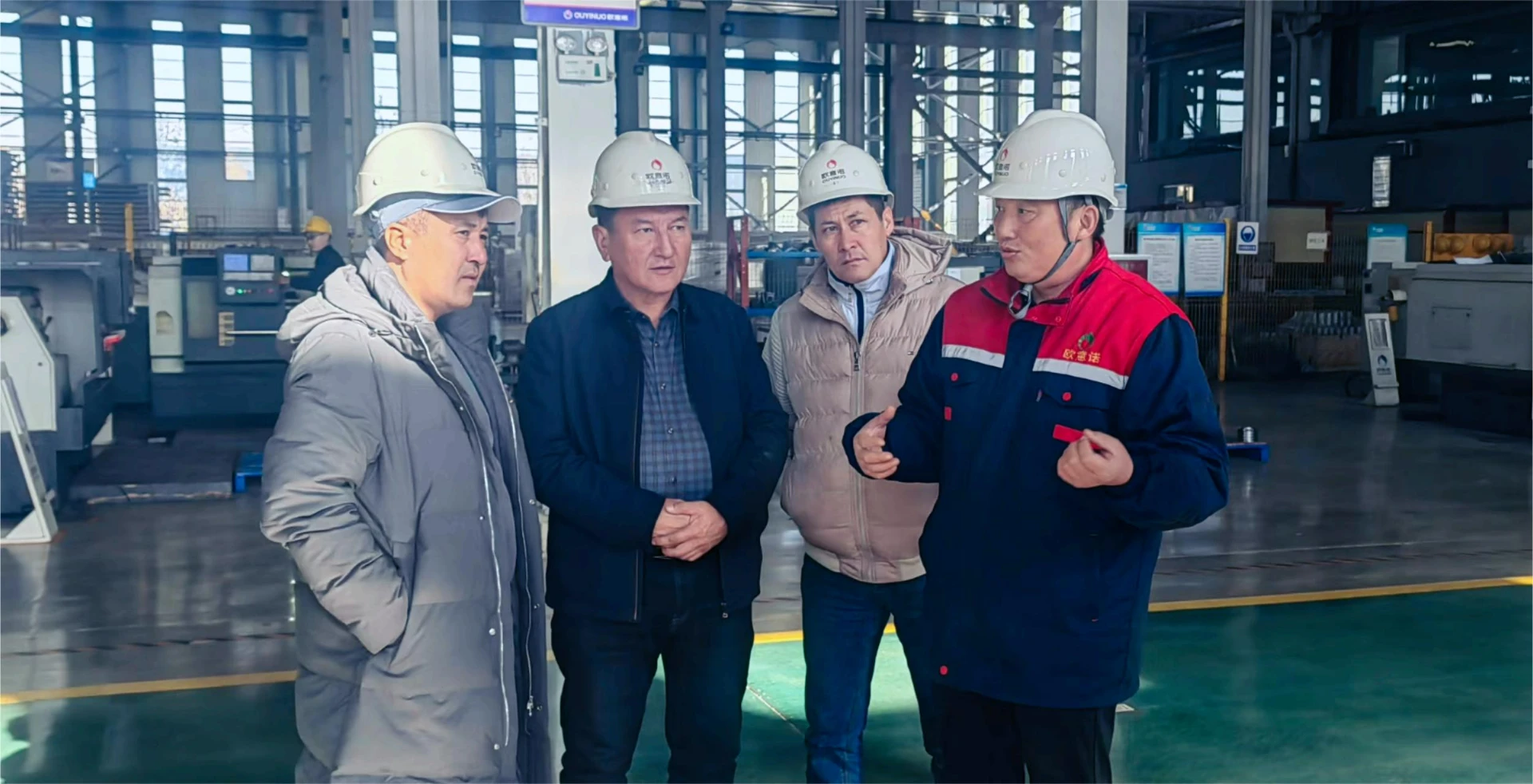
Dec . 17, 2024 05:46
Back to list
natural gas filter
The Role of Natural Gas Filters in Ensuring Clean Energy
Natural gas has emerged as a key player in the global energy landscape, offering a cleaner alternative to coal and oil. As countries seek to reduce carbon emissions and embrace more sustainable energy sources, the importance of effective natural gas filtration systems becomes increasingly evident. Natural gas filters serve to ensure the purity and safety of this valuable resource, facilitating its efficient use across various applications—from heating and electricity generation to industrial processes.
Understanding Natural Gas Filtration
Natural gas is not a single entity; it is primarily composed of methane, but it often contains impurities that can affect its performance and safety. These impurities may include water vapor, carbon dioxide, hydrogen sulfide, and particulate matter. Natural gas filters play a crucial role in removing these contaminants, thus ensuring that the gas supplied to consumers meets the necessary quality standards.
There are several types of natural gas filters, each designed for specific applications. Coalescing filters are commonly used to remove water and liquids from the gas stream. They utilize a combination of gravity and filtration to separate water droplets from gas, preventing corrosion and ensuring optimal combustion efficiency. Similarly, particulate filters are essential for trapping solid contaminants, such as dust and dirt. These filters prevent wear and tear on equipment, ensuring longer operational lifespans for gas-powered devices and machinery.
Why Filtration Matters
The significance of natural gas filters transcends mere functionality; they are vital for environmental protection and operational efficiency
. Unfiltered natural gas can lead to the emission of harmful pollutants, including volatile organic compounds and sulfur dioxide, when combusted. By removing harmful components, filtration systems contribute to cleaner combustion processes, reducing the overall environmental impact and supporting efforts to combat climate change.natural gas filter

Moreover, filtration enhances the safety of natural gas use. The presence of impurities like hydrogen sulfide can pose serious risks, including respiratory issues and corrosive damage to pipelines and appliances. By installing effective filtration systems, natural gas suppliers and users can mitigate these risks, ensuring a safer energy supply.
Technological Advances in Filtration
The field of natural gas filtration has seen significant advancements in recent years. Innovations in materials and design have led to more efficient and durable filters, capable of handling higher flow rates and removing a wider range of contaminants. For instance, nanotechnology is being utilized to create filter media with superior surface area and filtration capabilities, leading to improved performance and reduced maintenance costs.
Furthermore, advancements in monitoring technology allow operators to keep track of gas quality in real time. Smart filters equipped with sensors can alert users to potential contaminant levels, enabling proactive maintenance and ensuring optimal performance. This integration of technology not only improves the reliability of natural gas supplies but also enhances the overall efficiency of energy usage.
The Future of Natural Gas Filters
As the energy sector continues to evolve, the role of natural gas filters will remain crucial. The global push for energy transition emphasizes the need for cleaner energy solutions, and natural gas, bolstered by advanced filtration technologies, offers a bridge towards this goal. Investing in modern filtration systems is not only essential for operational efficiency but also for achieving broader environmental objectives.
In conclusion, natural gas filters are an essential component in the quest for cleaner energy. By ensuring the purity and safety of natural gas, these systems contribute to reduced emissions, improved operational safety, and enhanced energy efficiency. As technology continues to advance, the filtration process will likely become even more sophisticated, further solidifying natural gas’s role as a vital part of the global energy mix.
Next:
Latest news
-
Safety Valve Spring-Loaded Design Overpressure ProtectionNewsJul.25,2025
-
Precision Voltage Regulator AC5 Accuracy Grade PerformanceNewsJul.25,2025
-
Natural Gas Pressure Regulating Skid Industrial Pipeline ApplicationsNewsJul.25,2025
-
Natural Gas Filter Stainless Steel Mesh Element DesignNewsJul.25,2025
-
Gas Pressure Regulator Valve Direct-Acting Spring-Loaded DesignNewsJul.25,2025
-
Decompression Equipment Multi-Stage Heat Exchange System DesignNewsJul.25,2025

